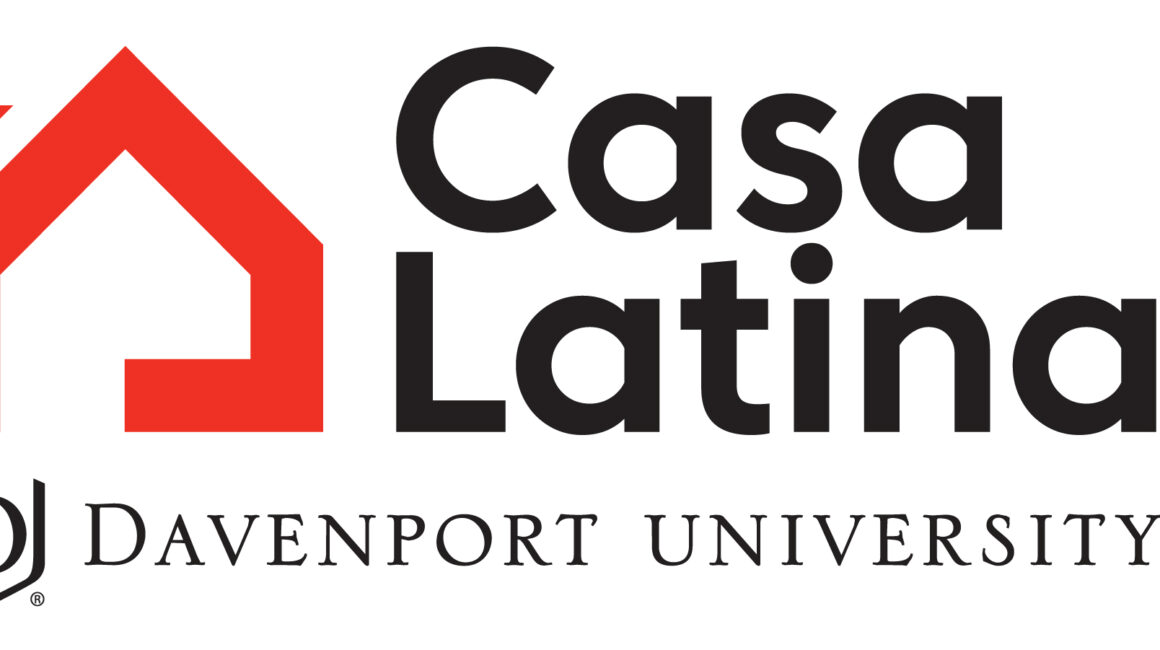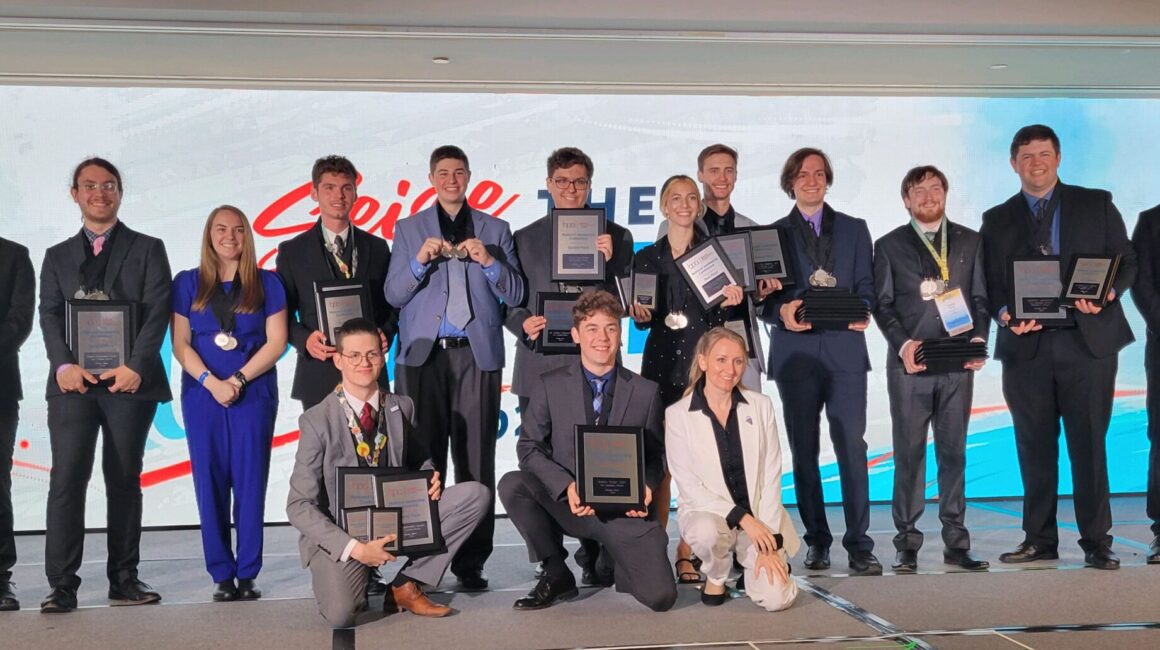
Whether you are currently raising a child or supporting a young adult as a teacher or mentor, you undoubtedly hope they are resilient enough to successfully navigate through life’s challenges.
While we hope to protect them from much of the heartache and struggles that we experienced, often through our own choices, helping them gain confidence and resilience will serve them much better than if we control all the variables. Learning how to build resilience in others by not taking responsibility for controlling outcomes, requires intentionality and awareness. It’s one of the greatest gifts we can give to our children, our students, and to one another.
The topic was addressed in a 2017 article published in Work & Family Life magazine. In the article, which was titled “The keys to raising resilient children,” Dr. Kenneth Ginsburg says, “resilience is the capacity to move forward with hope and confidence.” Ginsberg, a medical doctor and contributor for the American Academy of Pediatrics said that resilience is a mindset often born of a supportive, nurturing connection with an adult.
Parents and educators have a lot of face time with our young people; their leadership and guidance are opportunities to model self-sufficiency, autonomy, and positive outlooks. When we understand how our thoughts and behaviors impact the world around us, we realize the control we can exert to influence outcomes. These skills are paramount to helping build resilience. We can be the supportive, nurturing adult who helps build a resilient mindset.
Model Mistakes
It is important to model making and admitting mistakes. Moving forward in a healthy way is imperative. It’s what we do next that determines the level of stress or confidence we experience. This way, we normalize risk taking, errors, and ultimately corrections that build a sense of character. Hopefully, we are also allowing those around us the opportunity to offer grace, and empathy – additional characteristics of confidence. As a parent or educator we also should model how to respond to others when a mistake is made or a bad outcome is experienced.
Stay in Your Lane
Empowering our children and students to take measured risks, allowing them to experience the consequences of their actions, and realizing they have the coping skills to recover, learn, and thrive will also build resilience. The key here is recognizing and acknowledging when we are taking credit or blame for someone else’s work, even unintentionally, as a way to protect the other person or ourselves. Taking ownership of someone else’s actions or work can rob them of any sense of pride in overcoming challenges if they believe you have controlled the outcome.
Likewise, if we take the blame for a negative outcome, we remove opportunities for reflection and growth. For example, have you ever “fixed” a piece of artwork from a young child? Once, when my oldest child was in preschool, he came home with a Valentine bag where he had glued the heart upside down. I promptly said, “Let me fix that for you,” and proceeded to remove the heart and place it right side up. I’ve never forgotten the look on his face or the little voice that said, “I wanted it like that.” He wanted it the way and I had interfered. Even if the child is happy with the “fixed” outcome, when we fix it, they don’t build confidence in their own efforts or pride in their accomplishments. It is tempting to also control outcomes with other adults– anyone who has been married or in a long-term relationship knows this!
In older students or adults an example may be giving them an answer to a question without allowing them to think it through. Asking questions, allowing others in the group to also contribute right OR wrong answers will build resilience for the group.
When possible, controlling the environment by encouraging risk taking and supporting critical thinking, rewarding growth and innovation become a third key in the process. Rewarding and encouraging participation with prompting and questions, promotes risk taking, innovation, confidence, and resilience.
Teach Self-Care
Finally, helping young people learn how to take care of themselves is also a key to resilience. Whether it is learning how to prevent a tragedy by discussing what to do in case of a fire, or how to respond if a stranger supposedly wants you to help them find a pet, knowledge is power and practice builds confidence. Learning when and where to go for help can be comforting.
We don’t always need to have all the answers, sometimes we just need to know where to get them. Usually people know what they need to do for themselves but they need the grace and the space to do so.
How can you help?
Ask them what is causing them stress and then help them build a strategic plan to manage the situation on their own. For example, when we ask teens how they would respond if someone asks them to do drugs and then role-play options, we are helping them make a plan. Allow them to give voice to the fear, hear their perspective, and let them develop a plan whereby they can exert some control over the outcome.
Resilient people know they have internal control, that their thoughts and actions have consequences. Resilience is understanding that you have a great deal more control over events than you realize. Modeling how to make mistakes, resisting the urge to control outcomes and teaching others how to take care of themselves can help colleagues, family members, and students build resilience rather than undermine it.
About the Author:
Dr. Tamara “Tammy” Stachowicz is a faculty member in Davenport University’s College of Arts and Sciences. Teaching primarily social sciences she brings a deep understanding of human development within unique cultural contexts to the classroom. Earning her doctorate through Antioch University’s Leadership and Change program, her original research focused on how family narratives influenced personal and racial identity and her subsequent book was published through McFarland Publishing Company.
Dr. Stachowicz is currently the Director of Middle College and Dual Enrollment Alliance programs. Her role allows her to integrate her Family Life Education degree from Spring Arbor University, a master’s degree from Antioch University in Cultural Anthropology and Family Studies, along with the leadership and social justice focus of her doctoral studies to the community partnerships and families that DU serves.



No Responses